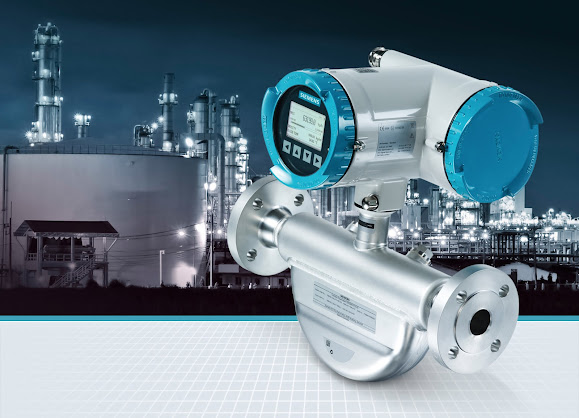Why You Need Humidity Sensors For Your Home?
Humidity sensors are an important tool for homeowners. They can tell you when your home’s humidity is too high, which can be a health hazard, or too low, which can lead to damage to your possessions.
By keeping tabs on the relative humidity in your house, you can proactively solve problems before they become serious and repair them before they become irreparable.
In this post, we’ll go over some of the benefits of using a humidity sensor in your home as well as how to choose one that meets your needs and budget.
Protect Your Home and Health
Wireless humidity sensor can help you keep your home and family safe by preventing the growth of mild.
Meld is a fungus that grows in moist environments and causes allergies, asthma problems and respiratory issues. It can also make people sick to their stomachs or cause other health issues like skin rashes.
If you have a humidity sensor installed in your home, it will alert you when there's too much moisture in the air so that you can take action before any damage occurs (like having to replace drywall).
Prevent Damage to Your Belongings
While humidity levels are important for your health and comfort, they can also cause damage to your belongings.
As the air becomes more humid, wood swells and cracks, metal rusts, paint peels and fades. Plastic and rubber become brittle.
It's not just the obvious things like furniture that are affected by high humidity; even something as small as a book can suffer if it's exposed to too much moisture over time!
Improve Air Quality
Humidity can affect air quality in your home. The humidity level in your home determines how much moisture is in the air, which affects how well you feel when you're inside. If you have too much moisture in your home, it will feel stuffy and uncomfortable to breathe. If there's not enough moisture in the air, then it might be difficult for allergens and toxins to be removed from inside your house.
Humidifiers can help keep indoor environments healthy by making sure there's enough water vapor present so that dust mites don't grow as quickly on furniture or bedding; bacteria don’t grow as fast on surfaces like floors or countertops; pollen doesn't get stuck onto furniture; mild spores don't grow on windowsills (which leads them into our lungs when we breathe); etcetera!
Easy to Install and Use
Humidity sensors are easy to install and use. They're also easy to maintain, which means you won't have to worry about them when it comes time for your next check-up.
The main benefit of humidity sensors is that they can be placed anywhere in your home without any hassle or messiness; all you need is a small piece of tape or glue, and then stick it on the wall where you want it!
Some people even choose not use any adhesive at all so they can move their sensor around whenever they want without having any leftover residue left over from any adhesives used earlier (like with sticky notes).
Conclusion
If you have a humidifier, then you understand the importance of keeping your home's humidity at a healthy level. Too much moisture can lead to mild and mildew growth, which can damage your furniture and clothing.
Too little moisture can cause dry skin and even respiratory problems in some cases. But how do you know if your home has enough humidity? With the right sensors, it's easy!


Comments
Post a Comment